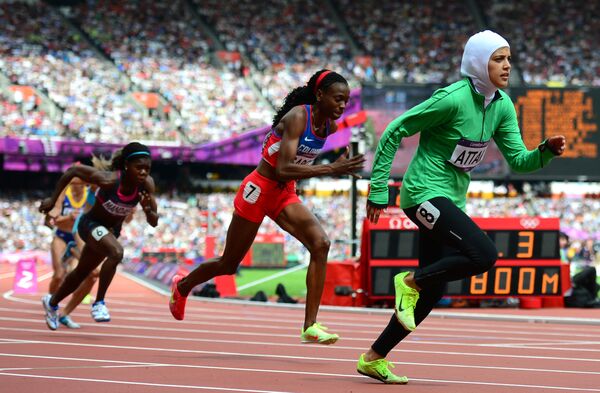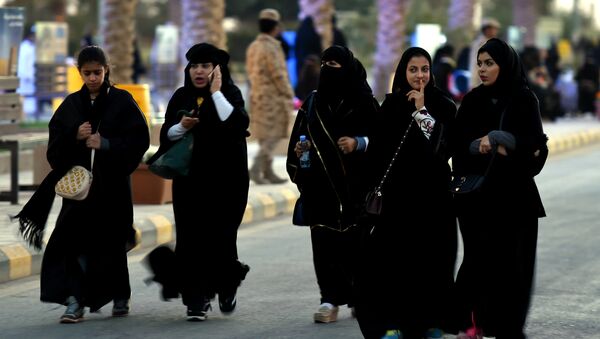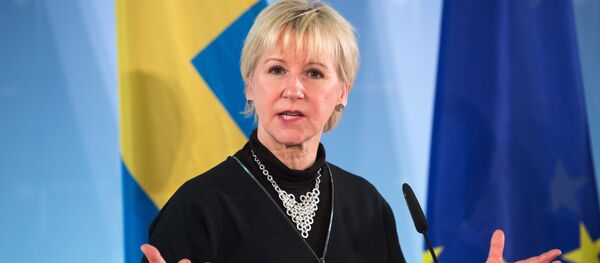"It is clear that there are, as in Sweden, barriers for Saudi women," Löfven told the Swedish tabloid newspaper Expressen. "Inadequate elderly care leads to women working part-time even here in Sweden. Both here and there, there are barriers to women's participation [in the labor market]," Löfven said.
According to Löfven, Saudi Arabia (where women constitute only 13 percent of the workforce) was moving in the right direction in the development of women's opportunities in the labor market.
Löfven's pussyfooting is understandable, as Sweden suffered a great setback following last year's diplomatic row with its largest single trade partner in the Middle East. Following a blazing diatribe from Swedish Foreign Minister Margot Wallström, who called Saudi Arabia a "medieval dictatorship" and lashed out against the Saudi oppression of women, the bilateral Swedish-Saudi relations soured dramatically. Wallström's tirades were perceived as 'Islamophobic' in most Muslim countries, whereupon a lucrative military agreement with Riyadh was scrapped. Last weekend's Saudi trip by Löfven, who kept the company of Swedish tycoon Marcus Wallenberg, was aimed at mending fences to breathe new life into the profitable cooperation. Given that, it is completely clear why Löfven's wording was more than sparing and not quite true to life.
In the deeply conservative Islamic kingdom of Saudi Arabia, women are unable to obtain a passport, travel abroad or open a bank account without the consent of either their husband, father or male guardian.
#IAmMyOwnGuardian: Thousands of Saudis Petition to End Male Guardianship https://t.co/iEI7mI7Q2O #StopEnslavingSaudiWomen
— Kimberly Lenz (@lenz_kimberly) 14 октября 2016 г.
The dress code for women is governed by a strict interpretation of Islamic law and is enforced to varying degrees across the country. The majority of women, however, wear a long cloak and a head scarf. The dress code even holds for female television presenters, who should wear "modest" clothes that do not "show off their beauty."
As one would expect, there are also severe restrictions as regards women's sports. When Saudi Arabia sent its female athletes to the Olympics for the first time in history, hardline clerics spared no effort in denouncing the competitors as "prostitutes."






